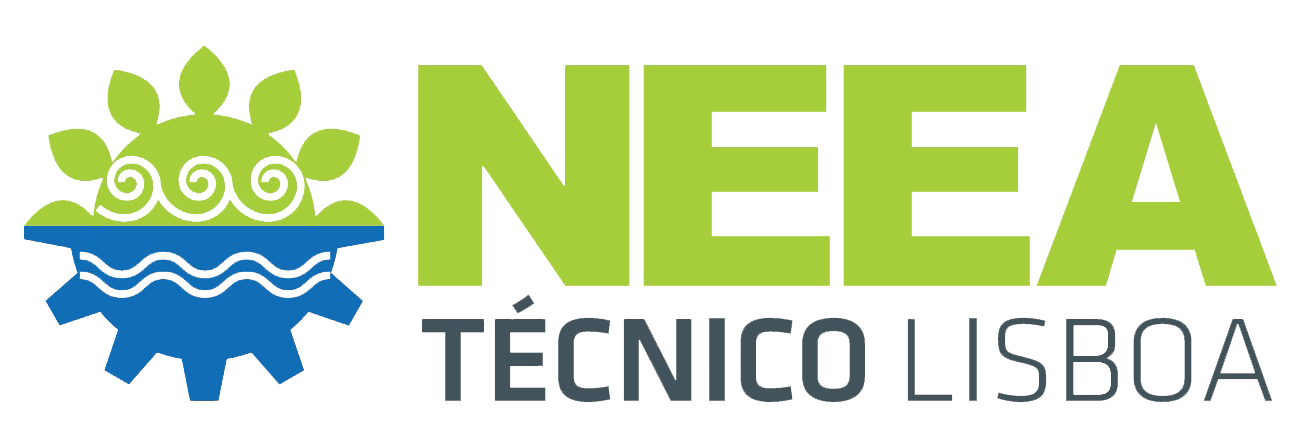
Programme Overview
Environmental Engineering is an interdisciplinary field of engineering dedicated to the prevention, mitigation, and resolution of environmental problems, developing solutions that promote a balance between human development and the sustainability of the Planet. The development of these solutions is often carried out in collaboration with other fields of knowledge, which together seek to contribute to more sustainable resource management.
Environmental Engineers draw on scientific and technological knowledge to address local challenges, such as the treatment of waste, effluents, and gaseous emissions, pollution control, and the planning and management of environmental systems, as well as increasingly complex global challenges, such as climate change, biodiversity loss, and ecosystem degradation—essential to environmental stability and societal well-being. By combining engineering fundamentals with knowledge from the natural and social sciences, these professionals develop integrated solutions aimed at reducing the environmental impact of human activities, promoting a more sustainable, balanced, and economically viable future.
Programme Structure
The 1st cycle in Environmental Engineering has a duration of 6 semesters (3 years), equivalent to 180 ECTS. The structure is depicted below.
-
1st year (ECTS)
-
36
-
24
-
-
2nd year (ECTS)
-
27
-
30
-
3
-
-
3rd year (ECTS)
-
48
-
6
-
6
-
The curricula of the 1st and 2nd cycles were reformed in the 2021/2022 academic year, following Decree-Law 65/2018 and the implementation of a new teaching model. The Environmental Engineering undergraduate programme derives from the former Environmental Engineering Integrated Master’s programme.
-
Basic Sciences (63 ECTS)
The basic sciences courses of this undergraduate programme ensure the fundamental training in:
- Mathematics
- Physics
- Chemistry
- Biology
- Programming
-
Core Structure (102 ECTS)
The core training aims to complement the basic sciences by deepening knowledge in:
- Specific Fields (e.g. microbiology, climate, hydrology, ecology, land planning, organic chemistry, among others)
- Engineering Sciences (e.g. thermodynamics, fluid mechanics, hydraulics or energy and mass transfer)
-
Humanities, Arts and Social Sciences (9 ECTS)
The humanist curricular component plays an important role in harnessing architects’ curiosity about the world they live in as well as understanding it, empowering them to actively respond to its challenges, using scientific and technological knowledge, in a more appropriate and contextualised way.
Students can choose subjects, offered in several faculties of ULisboa, from areas such as Management, Economics, Literature, Psychology, Visual Arts or Sport, among others.
-
Integrative Project (6 ECTS)
In order to improve the knowledge acquired during the undergraduate degree, students are challenged to work on a topic related to Environmental Engineering that may be based on a real challenge, whose solution will be developed in teams.
Entry Requirements
National Admission to Higher education
- National Admission Exams1: Mathematics A + Physics and Chemistry or Mathematics A + Biology and Geology
- Application Grade2: MS x 50% + PI x 50%
1 Minimum grade point: 100 points (out of 200)
2 Minimum grade point: 120 points (out of 200)
MS: high school final arithmetic average grade | PI: Average of national admission exams’ grades.
National Admission to Higher Education
Admissions can also be done through one of the following ways:
- Course Change and Transfer
- Holders of Middle Level/Higher Education degrees
- Applicants over the age of 23
- Special Admission Regime for International Students
More information about admissions to Técnico (national and international candidates) is available at:
Students' Organisations

Técnico students autonomously and proactively stimulate projects that complement their academic background. For example, Students’ Organisations provide them with skills and added value, making them more competitive in the labour market.
The Environmental Engineering Students’ Organisation (NEEA) is the main structure of Environmental Engineering students, which promotes:
- Study visits and workshops
- Leisure, sports and recreation activities
- A repository of study material
- Talks with alumni
- Summer internships within the context of Técnico Summer Internships
- The organization of Environmental Engineering meetings and seminars

